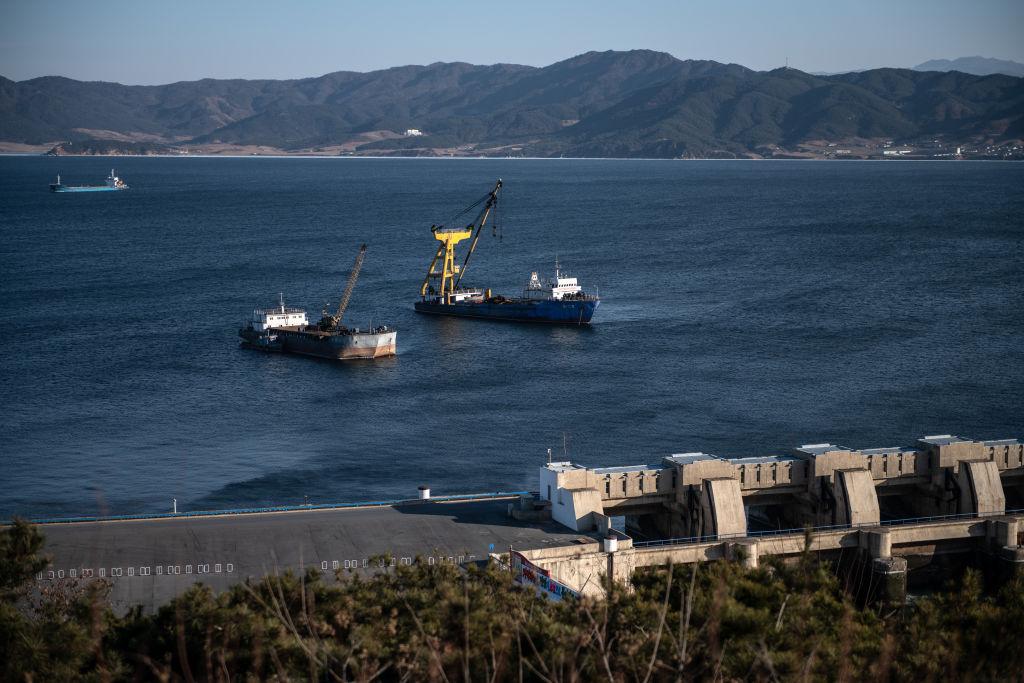China has been aiding North Korea to evade international sanctions, including by allowing the latter to export resources within its waters, according to a recent report.
The Royal United Services Institute (RUSI), a London-based defense and security think tank, published a report on March 5 analyzing satellite photos, commercial vessel information, and ships’ automatic identification system (AIS), which emits a location signal that can be picked up by satellites and radio equipment to prevent collisions at sea.




